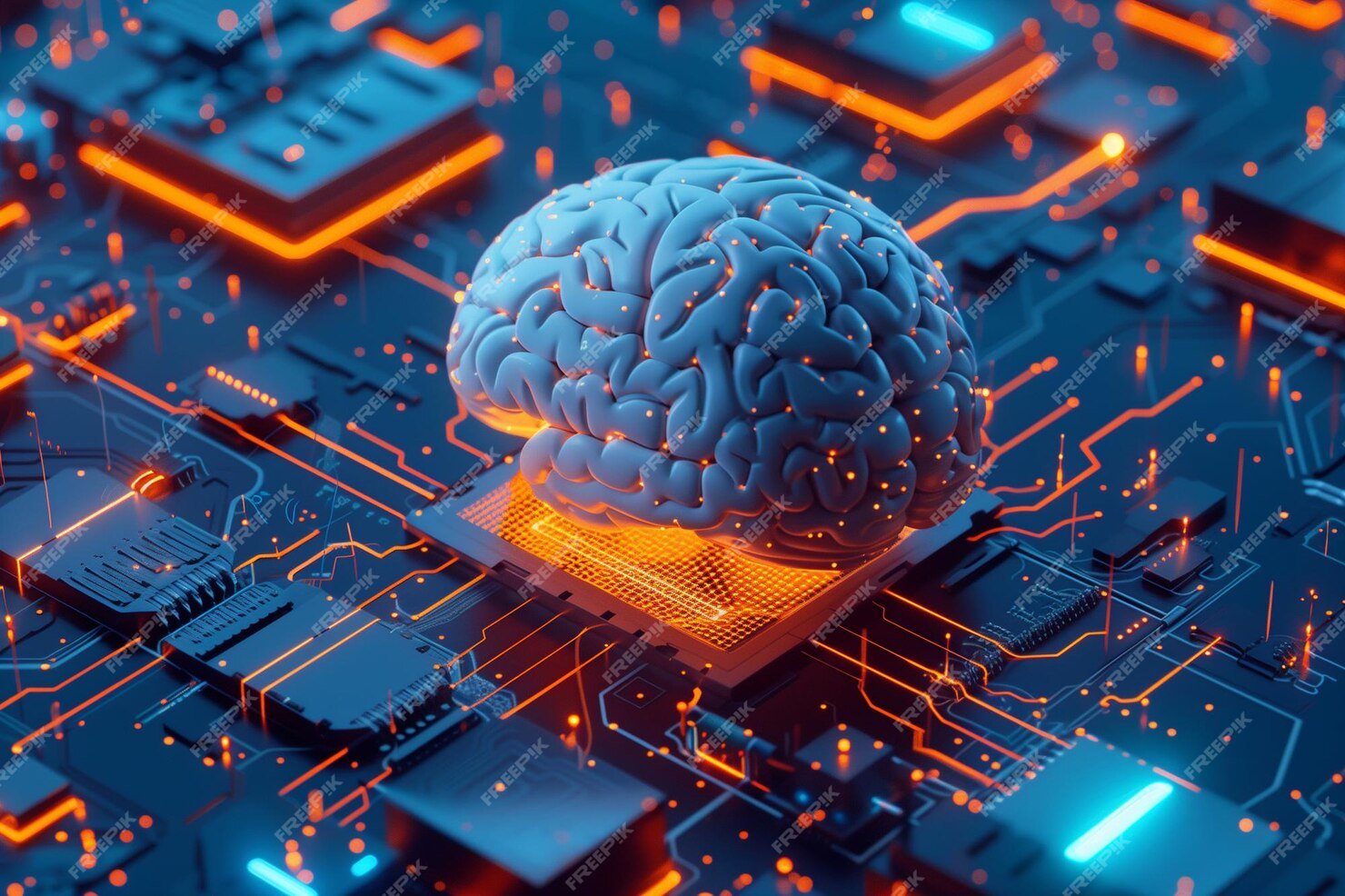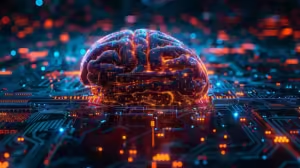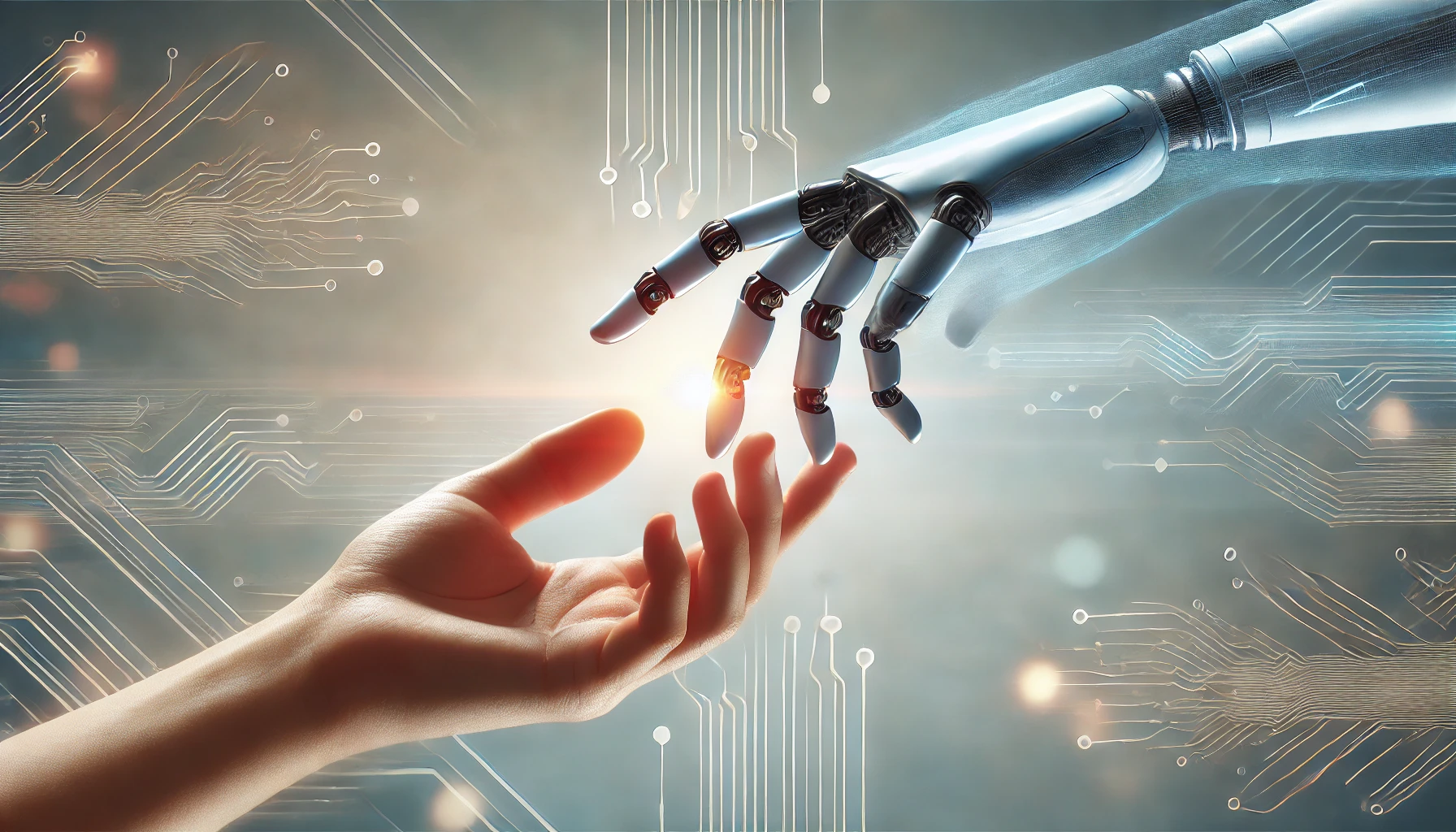
Artificial Intelligence (AI)
-
Definition of AI:
– Artificial Intelligence (AI) is the simulation of human intelligence processes by machines, particularly computer systems. These processes include learning, reasoning, problem-solving, perception, and language understanding.and these AI tool to Store the infoemation Any body He ask the question to The AI tool.
-
Key Components of AI
Machine Learning (ML)
– Subfield of AI that focuses on the development of algorithms that allow computers to learn from and make predictions based on data.
– Techniques include supervised learning, unsupervised learning, and reinforcement learning.
Deep Learning :
– Subset of machine learning that involves neural networks with many layers (deep neural networks).
– Particularly effective in image and speech recognition tasks.
Natural Language Processing (NLP):
– Enables machines to understand, interpret, and respond to human language.
– Applications include chatbots, language translation, and sentiment analysis.
Computer Vision:
– Enables machines to interpret and make decisions based on visual input.
– Used in facial recognition, object detection, and autonomous vehicles.
What is Robotics:
– Involves the design and use of robots to perform tasks.
– AI is used in robotics for navigation, manipulation, and interaction with the environment.

Types of AI
Narrow AI (Weak AI)
– AI systems designed to perform specific tasks.
– Examples: Virtual assistants (Siri, Alexa), recommendation systems (Netflix, Amazon).
General AI (Strong AI)
– AI systems with generalized human cognitive abilities.
– Capable of performing any intellectual task that a human can do.
– Currently theoretical and not yet achieved.
Superintelligent AI:
– AI that surpasses human intelligence in all aspects.
– Concerns include control, ethics, and the potential existential risk.
AI Technologies
1. Neural Networks:
– Computational models inspired by the human brain.
– Used in deep learning to recognize patterns and solve complex problems.
2. Genetic Algorithms:
– Optimization algorithms inspired by the process of natural selection.
– Used to solve complex problems by evolving solutions over generations.
3. Expert Systems:
– AI systems that emulate the decision-making ability of a human expert.
– Used in fields like medical diagnosis and financial services.
4. Fuzzy Logic:
– Approach to computing based on degrees of truth rather than binary true/false logic.
– Used in control systems and decision-making applications.
Applications of Artificial Intelligence
1. Healthcare:
– Diagnosis and treatment recommendations, personalized medicine, drug discovery, and robotic surgery.
2. Finance:
– Fraud detection, algorithmic trading, credit scoring, and customer service automation.
3. Transportation:
– Autonomous vehicles, traffic management, and logistics optimization.
4. Entertainment:
– Content recommendation, game AI, and virtual reality experiences.
5. Customer Service:
– Chatbots, virtual assistants, and sentiment analysis.
6. Manufacturing:
– Predictive maintenance, quality control, and automation of assembly lines.
Challenges and Ethical Considerations
1. Bias and Fairness:
– AI systems can inherit biases from training data, leading to unfair outcomes.
– Ensuring diversity in training data and developing bias mitigation techniques is crucial.
2. Privacy:
– AI systems often require large amounts of data, raising concerns about data privacy and security.
– Regulations like GDPR aim to protect user data.
3. Job Displacement:
– Automation through AI can lead to job loss in certain sectors.
– Need for policies to manage workforce transitions and reskilling.
4. Transparency and Accountability:
– AI decision-making processes can be opaque.
– Ensuring transparency and establishing accountability for AI decisions is important.
5. Existential Risk:
– Concerns about the potential for superintelligent AI to pose a threat to humanity.
– Discussions around safe AI development and control mechanisms are ongoing.
What is The Future of AI
1. Advancements in AI Research:
– Continued progress in machine learning, deep learning, and other AI fields.
– Development of more sophisticated and general AI systems.
2. Integration into Everyday Life:
– AI becoming more embedded in various aspects of daily life.
– From smart home devices to AI-driven healthcare solutions.
3. Collaboration Between Humans and AI:
– AI as an augmentation to human capabilities rather than a replacement.
– Collaborative robots (cobots) and decision-support systems.
4. Ethical AI Development:
– Emphasis on developing AI systems that are ethical, fair, and transparent.
– Inclusive policies and frameworks for responsible AI use.

Artificial Intelligence is a transformative technology with the potential to industries and aspects of everyday life. While offers immense benefits, it also poses significant challenges and ethical considerations. As This technology continues to advance, it is crucial to develop and implement AI systems responsibly to ensure they contribute positively to society.





























































































